Hytrin 2 mg
Hytrin 2 mg belongs to a group of medications known as ‘anti-hypertensive,’ primarily used to treat hypertension (high blood pressure) and lower any future risk of heart attack and stroke. It is also used to treat mild prostate gland enlargement in men (known as Benign Prostate Hyperplasia) and treating heart failure. Hypertension (high blood pressure) is a lifelong or chronic condition in which the blood pressure against the artery walls becomes high. The higher this blood pressure, the harder the heart has to pump.
Hytrin 2 mg contains Terazosin, an alpha-blocker, primarily used to treat hypertension (high blood pressure). It acts by relaxing the blood vessels, reducing the heart’s workload, and making the heart more efficient at pumping blood throughout the body. Thus, it helps lower high blood pressure, reducing the chances of any future heart attack or stroke.
Take Hytrin 2 mg as prescribed by your doctor. You are advised to take Hytrin 2 mg for as long as your doctor has prescribed it for you, depending upon your medical condition. In some cases, you may experience drowsiness, headache, weakness, dizziness, priapism (prolonged erections), nausea, feeling exhausted. Most of these side effects of Hytrin 2 mg do not require medical attention and gradually resolve over time. However, if the side effects are persistent, reach out to your doctor.
Inform your doctor if you have had an allergic reaction to Hytrin 2 mg , are pregnant or are planning to get pregnant, are breastfeeding, have liver disease, kidney disease, heart failure, a heart valve problem or history of a heart attack. It is advisable to drink plenty of fluids while taking this medicine. Low salt diet, daily physical activity (even 20-30 minute brisk walking for 5 days a week can help, losing weight in case of people who are obese, etc., are the mainstay of treatment of hypertension.
Uses of Hytrin 2 mg
High blood pressure (hypertension), Prevention of heart attack, Benign Prostate Hyperplasia, Cold Finger Syndrome (Raynaud’s disease)
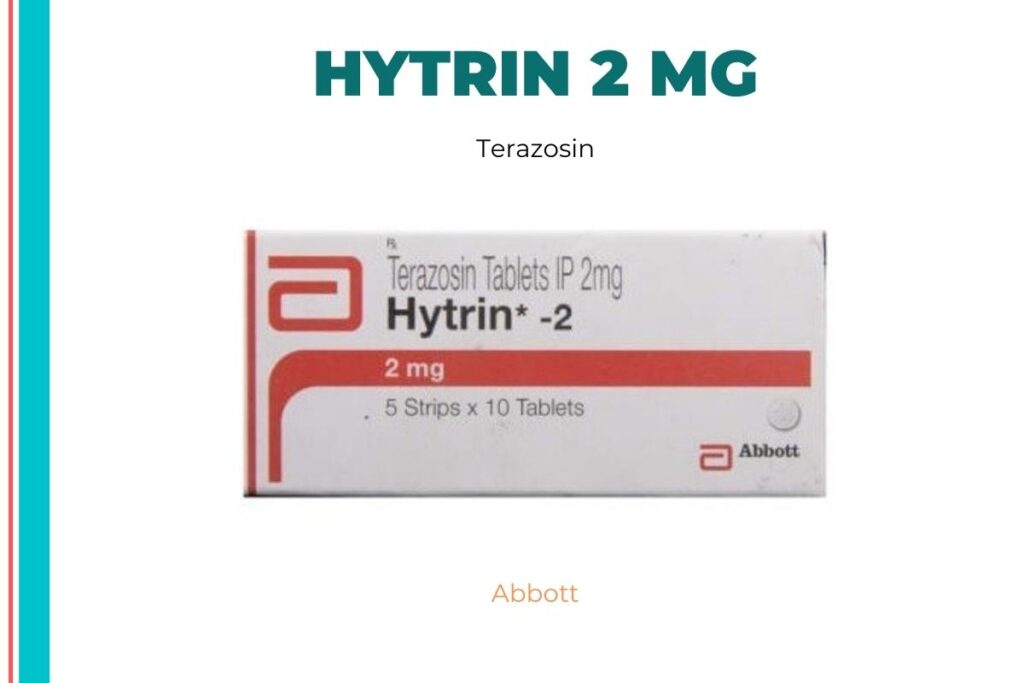
Medicinal Benefits
Hytrin 2 mg is primarily used to treat hypertension (high blood pressure) and lower future heart attack and stroke risk. It is also used to treat mild prostate gland enlargement in men (known as Benign Prostate Hyperplasia) and treating heart failure. It contains Terazosin that widens and relaxes the blood vessels, reduces the heart’s workload, and makes the heart more efficient at pumping blood throughout the body. Thus, it reduces high blood pressure and reduces the chances of a future heart attack or stroke.
Directions for Use
Take the tablet of Hytrin 2 mg with or without food or as directed by your physician. Swallow the whole tablet with a glass of water. Do not crush, chew, or break it.
Storage
Store in a cool and dry place away from sunlight
Side Effects of Hytrin 2 mg
Drowsiness
Headache
Weakness
Dizziness
Priapism (prolonged erections)
Nausea
Feeling exhausted
Drug Warnings
Do not take Hytrin 2 mg if you are allergic to any of its constituents. If you have low blood pressure (less than 90 mm of Hg), have had a heart attack, kidney disease, liver disease, pregnant women or planning to get pregnant and breastfeeding women, inform your doctor before taking Hytrin 2 mg . Besides this, it is contraindicated in patients with aortic stenosis (heart valve problem). Hytrin 2 mg can pass into breast milk, but its effect on the baby is not known. So, it is better to tell your doctor if you are taking Hytrin 2 mg and breastfeeding. Before undergoing eye surgery (especially cataract eye surgery), inform your doctor. Hytrin 2 mg will be stopped before the surgery by your doctor.
Drug Interactions
Drug-Disease Interaction: Terazosin should not be given to patients with cardiogenic shock (when the heart fails to pump required blood to the body), heart valve problem (stenosis), low blood pressure (hypotension), liver disease, kidney disease or heart failure.
Drug-Food Interaction: Terazosin should be avoided with high fat or cholesterol food, too much salt in your diet (pickles, extra salt on salad).
Drug-Drug Interaction: Terazosin may interact with anti-cancer medications (aldesleukin), anti-hypertensive medications (benazepril, metoprolol, ramipril, hydrochlorothiazide), muscle spasm medication (baclofen), antiparkinson medication (levodopa, methyldopa), anti-epilepsy medicines (carbamazepine, phenytoin, phenobarbital, primidone), medicines to treat erectile dysfunction (sildenafil, tadalafil).
Safety Advice
ALCOHOL
You are recommended not to consume alcohol and Terazosin to avoid unpleasant side effects like lowering blood pressure (hypotension).
PREGNANCY
Terazosin belongs to the pregnancy category C medicine. There is limited evidence regarding the use of Terazosin and is generally not preferred as the initial treatment of hypertension in pregnancy. It is best to consult your doctor if you have high blood pressure during pregnancy.
BREAST FEEDING
Terazosin can pass into breast milk, but its effect on the baby is not known. So, it is better to tell your doctor if you are taking Terazosin and breastfeeding.
DRIVING
Drive with caution, Terazosin usually causes drowsiness and affects driving ability.
LIVER
Terazosin to be taken with caution, especially if you have had a history of liver disease. Your doctor will have to change the dosage depending on your medical condition and your reaction to treatment.
KIDNEY
Terazosin to be taken with caution, especially if you have or have had a kidney disease history. Your doctor will have to change the dosage depending on your medical condition and your reaction to treatment.
Habit Forming: No
Diet & Lifestyle Advise
Keep your weight under control with BMI 19.5-24.9.
Do regular physical activity or exercise for at least 150 minutes per week, or about 30 minutes most days of the week. Doing this can help you to lower your raised blood pressure by about 5 mm of Hg.
Go for a diet rich in whole grains, fruits, veggies, and low-fat dairy products.
Limit intake of sodium chloride (table salt) in your daily diet to 2300 mg per day or less than 1500 mg is ideal for most adults.
If you are taking alcohol, then only one serving for women and two servings for men is advisable.
Quitting smoking is the best strategy to lower the risk of heart disease.
Avoid chronic stress as it can raise your blood pressure. Try to enjoy and spent time with your loved ones to cope with stress and practice mindfulness techniques.
Monitor your blood pressure daily and if there is too much fluctuation, then immediately contact your doctor.
Try to include heart-healthy omega 3 fatty acid containing food drinks in your daily diet. You can also use low-fat cooking oil like olive oil, soybean oil, canola oil, and coconut oil to lower your elevated blood pressure.
Special Advise
Consumption of Terazosin may cause dizziness. Avoid activities like driving while taking Terazosin .
A sudden drop of blood pressure may be seen while on this medication, leading to dizziness. Changing your posture at a slower rate might help counter this.
Blood pressure monitoring should be done regularly while taking Terazosin .
Other Information: This item is Not Returnable.
Disease/Condition Glossary
Hypertension: Blood pressure is the measurement of the force that our heart uses to pump blood to all body parts. Hypertension is a chronic condition when blood pressure is too high. This condition can lead to hardened arteries (blood vessels), decreasing the blood and oxygen flow to the heart. Raised blood pressure can cause chest pain (angina) and heart attack (when blood supply to the heart is blocked). Additionally, high blood pressure also causes brain damage (stroke) and kidney failure. High blood pressure can be diagnosed with the help of a blood pressure monitor. Blood pressure is determined both by the amount of blood your heart pumps and the amount of resistance to blood flow in your arteries. The more blood your heart pumps and the narrower your arteries, the higher your blood pressure. Even without symptoms, damage to blood vessels and your heart continues and can be detected.
Benign prostatic hyperplasia (BPH): It is the enlargement of the prostate gland. It is a non-cancerous growth of the prostate gland caused due to overproduction of dihydrotestosterone hormone in men. After age 50, most men develop an enlarged prostate gland putting pressure on the urinary bladder. It leads to restricted or obstructed urine flow, the urge to urinate frequently (especially at night), and the feeling of not emptying the urinary bladder.
FAQs
Terazosin contains Terazosin, an alpha-blocker that acts by relaxing and widening the constricted blood vessels. This reduces the heart’s workload and makes the heart more efficient at pumping blood throughout the body.
You are advised to inform your doctor and monitor your blood pressure for at least two weeks before stopping the medicine. Depending upon your current blood pressure readings, there is a possibility your doctor may lower your medicine dosage and not recommend discontinuing it.
Terazosin may cause priapism (prolonged erections) sometimes. If you have an erection that lasts more than four hours, inform your doctor and seek emergency medical help as if not treated, it can lead to tissue scarring or erectile dysfunction.
Please follow your doctor’s advice before taking tadalafil with Terazosin as combining tadalafil with Terazosin can lower your blood pressure (hypotension) and increase the risk of dizziness, lightheadedness, fainting, flushing, headache, and nasal congestion.

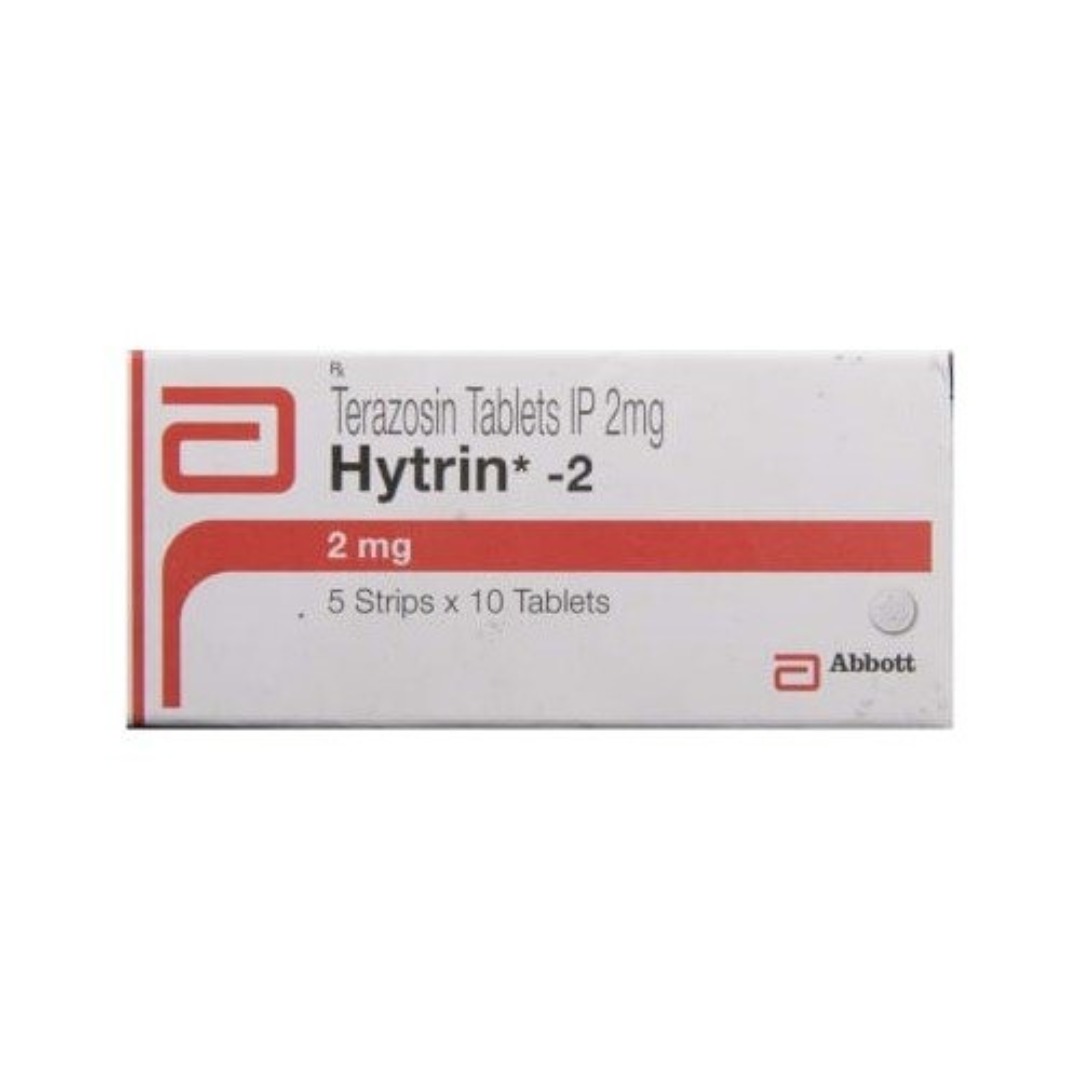


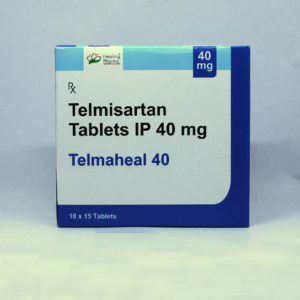
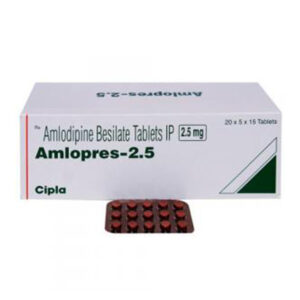
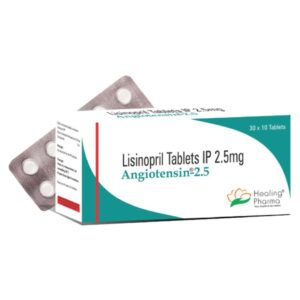

Leave a Reply
You must be logged in to post a comment.